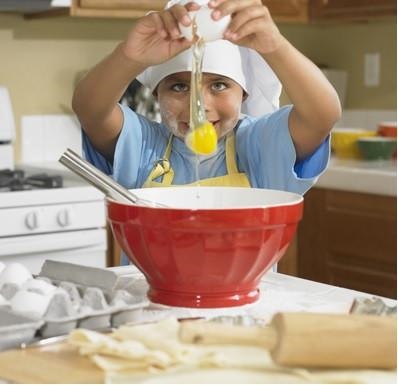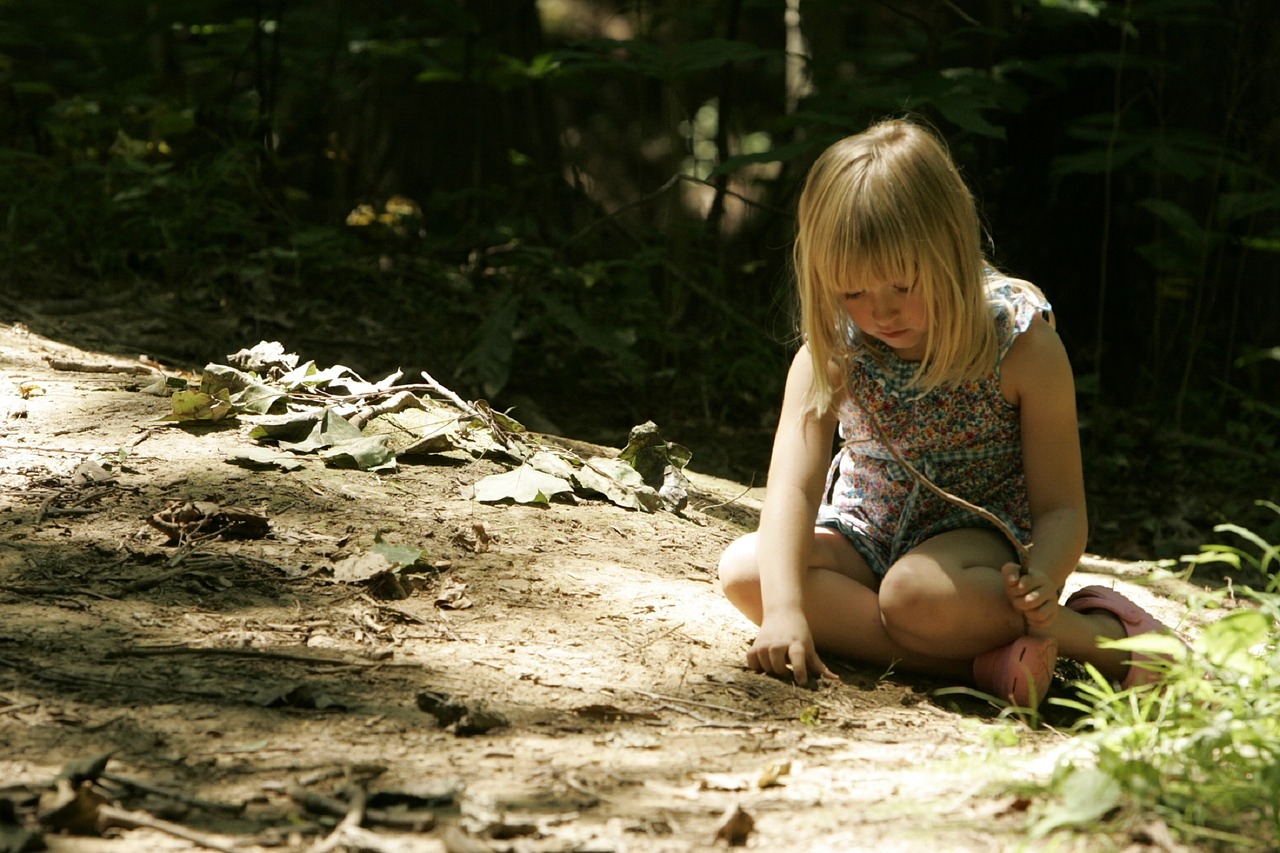A child is a blank slate. Children learn from people around them. They absorb what they see and hear from their surroundings. They learn gradually, especially shy children. These children interact with the world and we see them flourish through play. Some children, though, go through a phase of stranger anxiety that adults sometimes think is shyness.
Many parents become concerned when their precious toddlers become shy of strangers. They fear that they will stay that way throughout their lives. Their defense mechanism kicks in. Sometimes they push the child willy nilly on to any class or activity to shake off that shyness. But being shy is not such a bad thing. In a child’s case it is a natural precaution against strangers. Strangers that could have questionable motives. It is self-preservation. In many ways, perhaps it could be interpreted as timidity but it is not an exact synonym. Timidity has a tad of apprehension. This is not present in all shy children.
Besides, this could be just the parents perception. Maybe as a comparison to other children’s hyperactivity. Personality plays a part in all of this. It could be that the child is simply not the sociable type. Not necessarily shy, just that they’re the quiet type. The world is made up of different people, that’s what makes it colourful.
It might be surprising to know that most shy children have an innate confidence just like their sociable counterparts. They lack the craving for validation. They possess a peace and calmness. They’re content to be left on their own devices and can play alone. While many sociable children learn to think on their feet, quiet children learn to focus, concentrate and piece together a narrative all their own.

The unobtrusive child will usually have leanings on hobbies that could be done with minimal help and participation. This could be from the arts like painting, musical instruments, or those requiring precision cooking, science experiments, or focus like needlepoint work, gardening and baking. In a class they would usually put everybody in a group and force participation. But nowadays, there are vacation care groups that offer activities and after school programs that will make you see them flourish through play.

